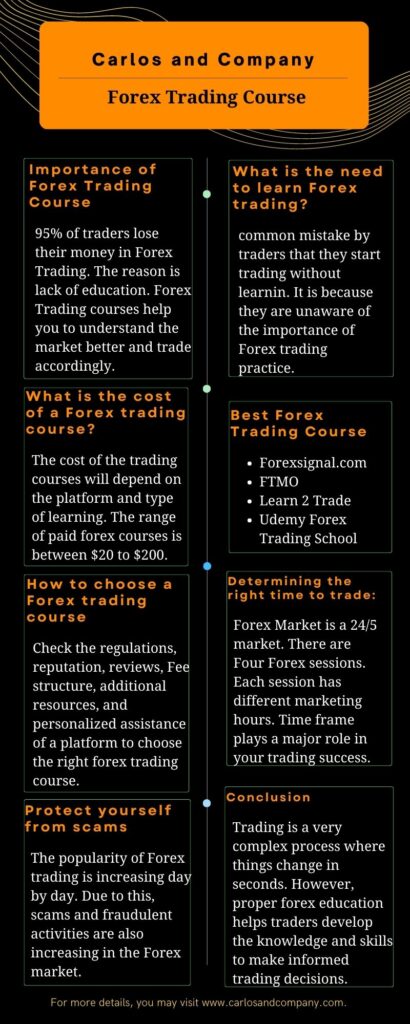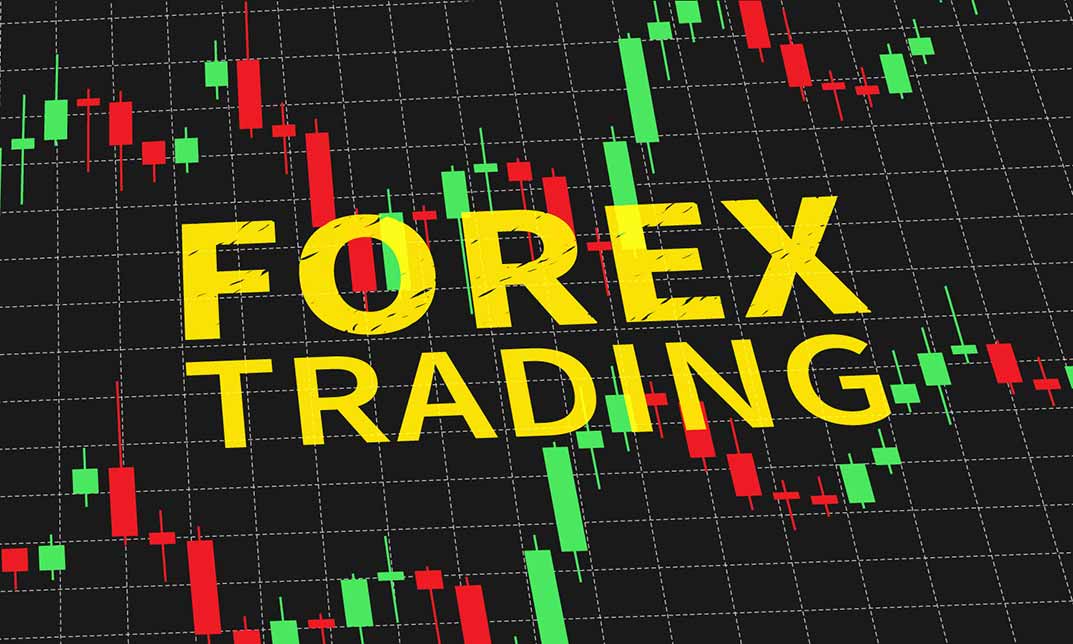Open Your Potential with a Comprehensive Forex Trading Course Today
Open Your Potential with a Comprehensive Forex Trading Course Today
Blog Article
Understanding the Fundamentals of Currency Exchange in Today's Global Market
In a significantly interconnected international economic situation, understanding the basics of currency exchange is indispensable for stakeholders throughout various sectors. As central banks apply impact and technical advancements improve currency trading, the implications for international business are far-ranging.
The Basics of Money Exchange
Money exchange is an essential facet of the global economy, promoting global trade and financial investment. It includes the conversion of one money into an additional and is crucial for companies, federal governments, and people who involve in cross-border purchases. The money exchange process happens in the foreign exchange market (Foreign exchange), which is the largest and most liquid financial market worldwide, running 1 day a day, 5 days a week.
At its core, currency exchange is driven by supply and demand dynamics. Money are traded in pairs, such as EUR/USD or GBP/JPY, and the currency exchange rate between them shows just how much one currency deserves in regards to an additional. This rate fluctuates constantly as a result of trade circulations, capital activities, and other market activities.
Individuals in the Forex market variety from huge banks and multinational companies to private investors and travelers. Each participant might have various purposes, such as hedging versus exchange price risk, guessing on currency activities, or facilitating international acquisitions. Understanding the essentials of currency exchange is essential for making educated choices in the international market, as exchange rates can substantially affect the cost of products and services, investment returns, and financial security.
Aspects Influencing Exchange Fees
Higher rate of interest rates offer lenders far better returns family member to other countries, bring in even more international funding and creating the currency to value. On the other hand, rising cost of living rates play an important role; currencies in countries with lower rising cost of living prices tend to appreciate as acquiring power rises relative to higher-inflation economic situations.
Financial growth and stability additionally considerably effect exchange prices. A robust economy draws in international financial investment, boosting demand for the residential money, which leads to gratitude. In addition, profession equilibriums impact currency value. A country with a considerable profession excess normally sees its money appreciate due to raised international demand for its products and services, while a trade deficit can weaken the money.
Political stability and economic efficiency are important as well; nations regarded as low-risk destinations for financial investment have a tendency to see their money appreciate. forex trading course. Market speculation can additionally drive currency exchange rate variations, as investors anticipate future activities based on existing financial indications and geopolitical occasions. These aspects jointly add to the vibrant nature of exchange rates in the worldwide market
The Function of Central Banks

Central banks also take part in foreign exchange treatments to remedy too much volatility or misalignments in exchange rates. These treatments may include purchasing or marketing foreign currencies to preserve a desired currency exchange rate degree. Additionally, reserve web banks hold read here considerable fx reserves, which can be released tactically to support their money.

Modern Technology and Currency Trading
While reserve banks shape the overarching landscape of money exchange, technological developments have transformed the auto mechanics of money trading itself. The expansion of digital systems has actually democratized accessibility to forex markets, enabling private traders to participate along with institutional financiers. Online trading systems, geared up with real-time information and logical devices, assist in educated decision-making and have added to increased market liquidity.
Algorithmic trading, powered by advanced software application, has actually revolutionized the rate and effectiveness of currency trading. Algorithms execute trades based on predefined standards, reducing human treatment and reducing the time needed to profit from market motions. This automation improves accuracy in trade execution and help in the management of complex trading techniques. Additionally, the rise of artificial intelligence and equipment understanding formulas supplies anticipating analytics, permitting investors to anticipate market trends with greater accuracy.
Blockchain technology also promises a transformative effect on money trading. By making sure transparency and reducing transaction prices, blockchain can simplify settlement procedures, potentially mitigating dangers linked with traditional trading methods. Cryptocurrencies, underpinned by blockchain, have actually presented a brand-new dimension to money trading, triggering market participants to adjust to an advancing monetary community. As technology proceeds to develop, its influence on currency trading will likely deepen, forming future basics market dynamics.
Influence On Global Trade
In the interconnected landscape of global profession, currency exchange plays a crucial function fit financial relationships in between countries. Exchange rates affect the expense of exporting products and services, influencing affordable positioning in global markets. A solid money can make a nation's exports extra expensive and much less appealing on the international phase, potentially minimizing market share. Alternatively, a weak currency can boost export competitiveness yet may raise the price of importing important items, impacting profession balance.
Currency changes can likewise bring about financial unpredictabilities, making complex long-term preparation for multinational corporations. Businesses frequently hedge versus these risks via economic tools to stabilize expenses and profits. Exchange prices affect international straight financial investment (FDI) decisions, as financiers look for positive conditions to make best use of returns, impacting capital flows across boundaries.
Furthermore, governments aim to maintain stable currency exchange rate to cultivate predictable trading conditions, occasionally intervening in foreign exchange markets to attain economic objectives. Reserve banks might change rate of interest or apply monetary plans to influence money strength, therefore impacting profession dynamics.
Verdict
A thorough grasp of money exchange fundamentals is vital for browsing the intricacies of the international market. Exchange rates, shaped by interest rates, rising cost of living, and economic growth, are pivotal in figuring out money assessments.
Report this page